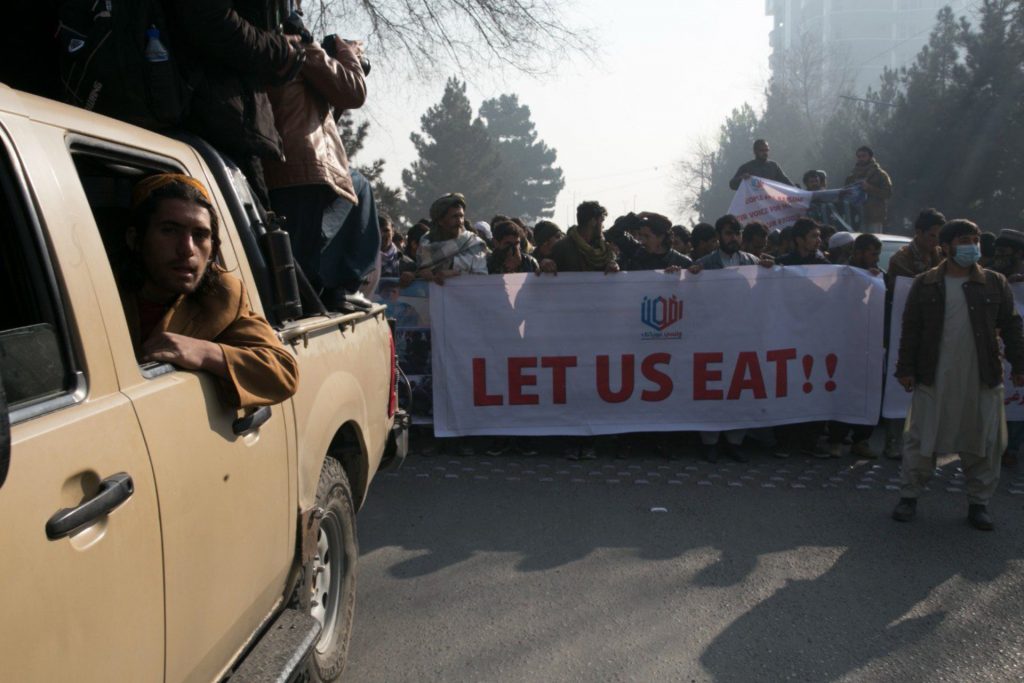Months before U.S. economic warfare on Russia threw the world’s economy into crisis, U.S. economic warfare on Afghanistan was imposing a famine on the country. The impact of these policies are coming to light and the results are horrifying. Recently Human Rights Watch published a report showing that 13,000 Afghan newborns have died of malnourishment since January of this year, primarily because of the Biden administration’s economic blockade on Afghanistan. The starvation and poverty are leading some Afghans to sell babies and young girls to survive and some estimate that Biden’s sanctions on Afghanistan threaten to kill more people than two decades of war.
Undoubtedly, the war in Ukraine and the sanctions being imposed on Russia have plunged countries throughout the world into even greater crises with the rising costs of important commodities but the situation is especially dire in countries like Afghanistan which were already in the depths of historic humanitarian crises as a consequence of imperialist intervention.
Biden froze the Afghan economy almost immediately after the United States withdrew troops from the country. He has continued to justify this new form of war on Afghanistan as necessary for countering the repressive Taliban. While it’s true that the Taliban has been stripping women of their basic right to work, attend school, and exist on equal terms in society, Biden’s policies only inflict greater suffering on the Afghan people and women in particular.
The Afghan people and Afghan women are already resisting the Taliban, without any assistance from the United States. Last week more than two dozen girls took to the streets in Kabul to protest the Taliban’s decision to shut down secondary schools for girls. The Taliban has responded to this and similar protests with arrests, crackdowns, and raids on the homes of women’s rights activists. The repression of progressive movements and women’s rights is inexcusable. Yet, the economic warfare carried out by the United States will only make it more difficult for these movements to challenge the Taliban’s oppression.
The famine that Biden is imposing on Afghanistan is a clear example of the brutality of economic warfare, even when framed in “humanitarian” terms. As the brutal sanctions on Iraq showed, economic warfare can be even more deadly than outright military occupations and bombs, while garnering less public attention and scrutiny.
The working class and oppressed communities in Afghanistan are the only forces that can effectively overthrow the Taliban’s regime. Decades of foreign intervention in the country have shown that imperialism only causes more suffering and further empowers the most reactionary elements of Afghan politics. Afghan women are waging a fierce struggle for their basic rights. Solidarity with them from workers and feminists in the imperialist United States means opposing the Biden administration’s continuation of war on Afghanistan through economic means.











